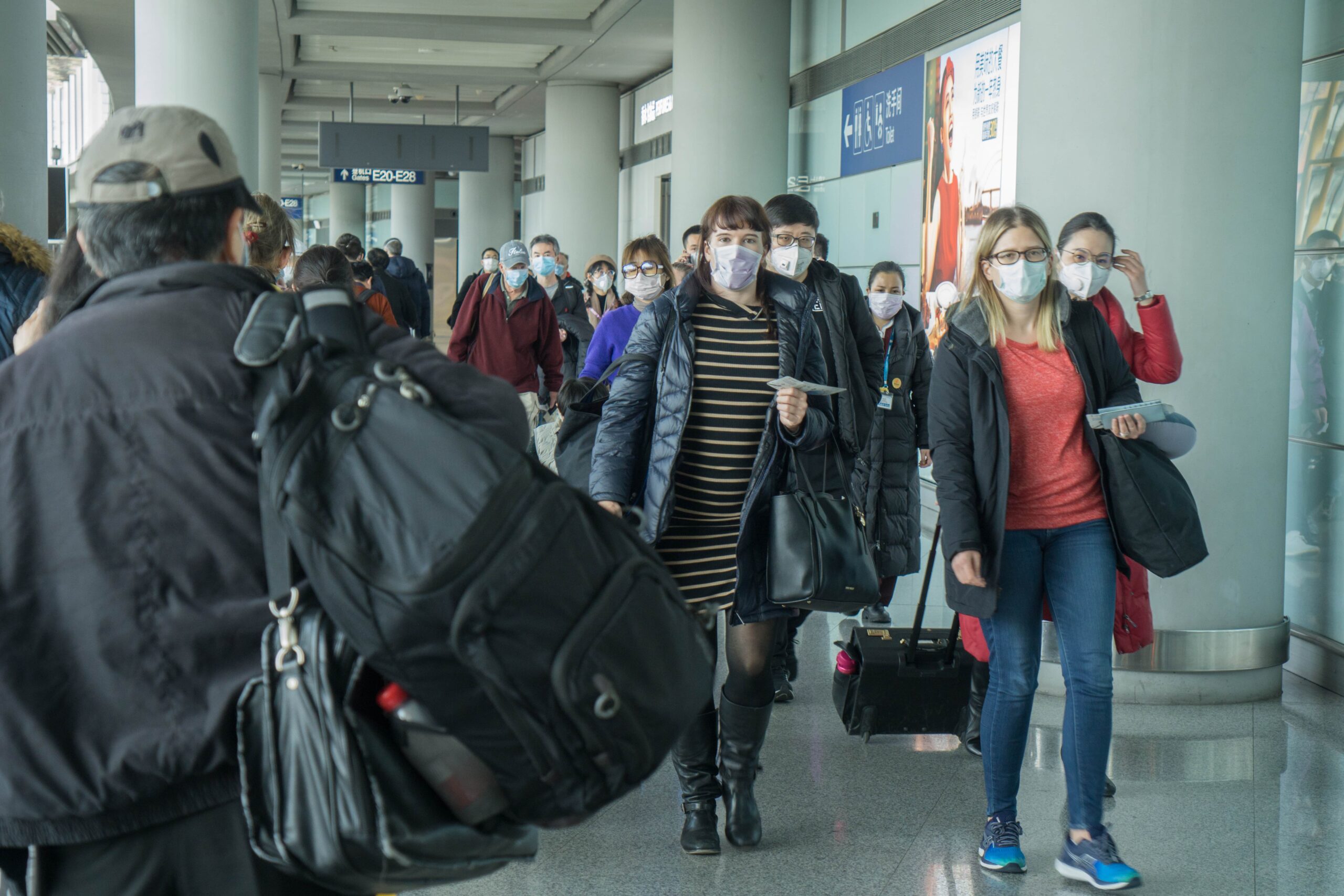Introduction
The COVID-19 pandemic has had an unprecedented impact on the global travel industry. With lockdowns, border closures, and travel restrictions in place, the sector faced its most significant challenge in recent history. As the world gradually recovers from the pandemic, it is crucial to reflect on the profound changes and lasting effects that COVID-19 has had on travel, as well as envision what the future of the industry might look like.
The Devastating Blow
COVID-19 dealt a severe blow to all aspects of the travel industry. Airlines, cruise lines, hotels, and tourism-dependent businesses suffered staggering losses. Lockdown measures and fears of contracting the virus drastically reduced travel demand, resulting in mass cancellations, layoffs, and financial instability. It became apparent that the industry would need to undergo significant transformations to adapt to the new realities.
Shifting Priorities and Travel Patterns
The pandemic prompted a shift in travelers’ priorities and preferences. Health and safety became paramount concerns. Travelers are now more inclined to prioritize destinations with robust healthcare systems and stringent safety measures. There has been a rise in domestic and nature-focused travel as people seek to avoid crowded places. Work-from-anywhere policies have also influenced travel patterns, with the emergence of “digital nomads” who blend work and travel.
Embracing Technological Advancements
The travel industry has embraced technology to navigate the challenges posed by the pandemic. Contactless check-ins, digital health passports, and enhanced sanitation protocols have become common. Virtual reality (VR) and augmented reality (AR) technologies have played a significant role in promoting destinations and providing immersive travel experiences remotely. The use of artificial intelligence (AI) for personalized recommendations and customer service has also gained traction.

Sustainability and Conscious Travel
The pandemic highlighted the importance of sustainable and responsible travel. With reduced air travel and carbon emissions during lockdowns, there has been a heightened awareness of the environmental impact of tourism. Travelers are increasingly seeking eco-friendly accommodations, supporting local communities, and engaging in nature conservation efforts. The industry is responding by implementing sustainable practices and promoting conscious travel choices.
The Rise of Travel Restrictions and Vaccine Passports
To restart international travel, many countries have implemented travel restrictions and vaccine passport programs. These measures aim to balance public health concerns with the need to revive the tourism sector. Vaccine passports, in particular, have become a contentious issue, raising questions about privacy, equity, and access. The future will likely see ongoing discussions and refinements of these policies to find a delicate balance.
Rebuilding Trust and Confidence
Rebuilding trust and instilling confidence in travelers is crucial for the industry’s recovery. Robust health and safety protocols, flexible booking policies, and transparent communication will be essential. Collaboration between governments, travel companies, and health organizations to establish global standards and guidelines will play a vital role in restoring trust and encouraging travel.
A Transformed Future
The future of travel will be marked by resilience, adaptability, and innovation. The pandemic has accelerated the adoption of technology and the implementation of sustainable practices. Remote work opportunities and flexible schedules will continue to shape travel patterns, with more individuals embracing long-term travel experiences. Destinations will need to diversify their offerings, focusing on wellness, outdoor activities, and authentic local experiences to attract travelers.
Conclusion
COVID-19 has fundamentally transformed the travel industry, forcing it to adapt and reinvent itself. As travel gradually resumes, the industry will continue to face challenges and uncertainties. However, it also presents an opportunity for innovation, sustainability, and a renewed focus on traveler well-being. By embracing technology, implementing sustainable practices, and prioritizing health and safety, the travel industry can forge a new path towards a resilient and more conscious future.

